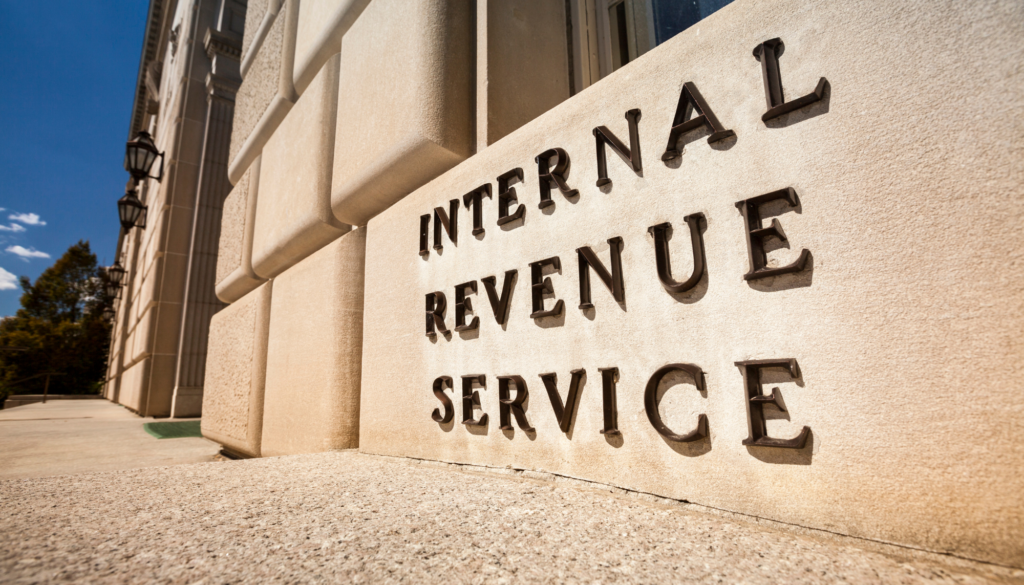K-2 And K-3 Domestic Filing Exception Expanded for Partnerships and S Corporations

The IRS recently issued draft partner instructions and partnership instructions affecting domestic partnerships and their filing requirements for their 2022 tax returns. The new drafts expand the scope of the domestic filing exception, making it easier for partnerships and S corporations to qualify for an exception to filing Schedules K-2 and K-3.
What Are Schedules K-1, K-2, and K-3?
Schedules, K1, K2 and K3 are all extensions of Form 1065: U.S. Return of Partnership Income, which is used by partnerships to declare all profits, losses, deductions, and credits when filing tax returns.
As pass-through entities, partnerships and S corporations do not pay taxes. Instead, income and losses “pass through” to partners and shareholders, who are responsible for paying taxes due. Schedules K-1, K-2, and K-3 are filed for partners and shareholders, who use them to report this information about losses, deductions, credits, and other distributions on their personal tax returns.
Schedule K-1 reports each shareholder’s share of income, losses, deductions, and credits from the S-corporation or partnership.
Schedule K-2 reports the entity’s foreign activities, defined as foreign income taxes paid or accrued, foreign source income or loss, or an ownership interest in a foreign partnership, corporation, foreign branch, or foreign disregarded entity.
Schedule K-3 reports each partner’s or shareholder’s proportionate share of foreign activities.
What about Businesses with No Foreign Activities?
Filing Schedules K-2 and K-3 can be a cumbersome process, and tax practitioners had called on the IRS to provide some relief to the many partnerships that have no foreign business activity at all.
In response, the IRS released its draft guidelines, which make it possible for partnerships to take an under certain conditions. Draft instructions released on October 25, 2022, created a domestic filing exception for Schedules K-2 and K-3 for a partnership meeting four requirements for its 2022 tax year. Draft instructions released on December 2, 2022, added two categories of partners that a partnership can have and still qualify for the exception:
- An S corporation with only one shareholder; and
- A single-member LLC that is a disregarded entity and whose sole member is one of the following: a U.S. citizen or resident alien, a domestic decedent’s estate with only U.S.-citizen or resident-alien beneficiaries, a domestic grantor trust with only U.S.-citizen or resident-alien grantors and beneficiaries, or a domestic non-grantor trust with only U.S.-citizen resident-alien beneficiaries.
Who Qualifies for the Exception?
If a partnership or S corporation is able to meet all the following requirements, it is will not be required to file Schedules K-2 or K-3:
Partner Notification
Entities must notify their partners/shareholders that they will not receive Schedule K-3 unless requested “at the latest when the partnership furnishes the Schedule K-1 to the partner.”
This is a change from the October guidelines, which required that partners be notified no later than two months before the due date of the partnership’s tax return (effectively January 15, for most partnerships).
US Citizens or Resident Aliens
All shareholders or partners must be US citizens or resident aliens.
No/Limited Foreign Activity
The partnership must have no foreign activity or be limited to passive income generating no more than $300 of taxes subject to the foreign tax credit.
No Requests for K-3
Even if a partnership meets all the other requirements, partners who are claiming a credit for foreign taxes paid or accrued on their personal returns may need Schedules K-2 and K-3 and request them. Partners have until one month, including extensions, before the partnership files its Form 1065, to request a Schedule K-3.
This is a change from the October guidelines, which required that partners notify the entity within at least one month of the due date of the return, not including extensions (February 15, 2023, in most cases).
If a K-3 is requested, the partnership must file Schedules K-2 and K-3 with the IRS and provide Schedule K-3 to the requesting partner(s). Note that only those parts of Schedules K-2 and K-3 that are relevant to the requesting partner(s) need to be completed.
Do the New IRS Guidelines Affect You?
Even if your domestic partnership or S corporation has no foreign activity for 2022, your business entity may still be required to file Schedules K-2 and K-3 if requested by a partner or shareholder. And if you are a partner or shareholder, you may need the K-3 to complete your personal returns.
If you need assistance understanding your obligations or filing appropriately, Tonneson + Co is here to help.
Let's Talk
If you’re interested in working with Tonneson + Co, please reach out to us. We look forward to hearing from you!
"*" indicates required fields
